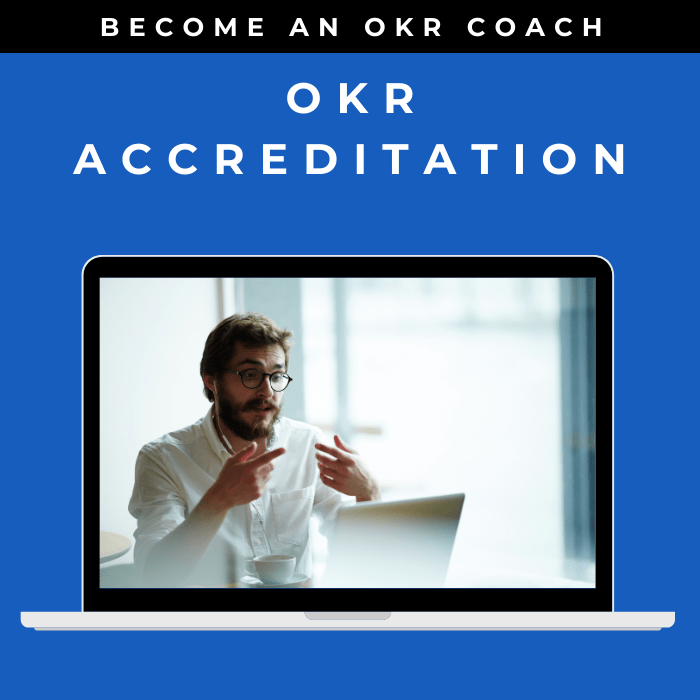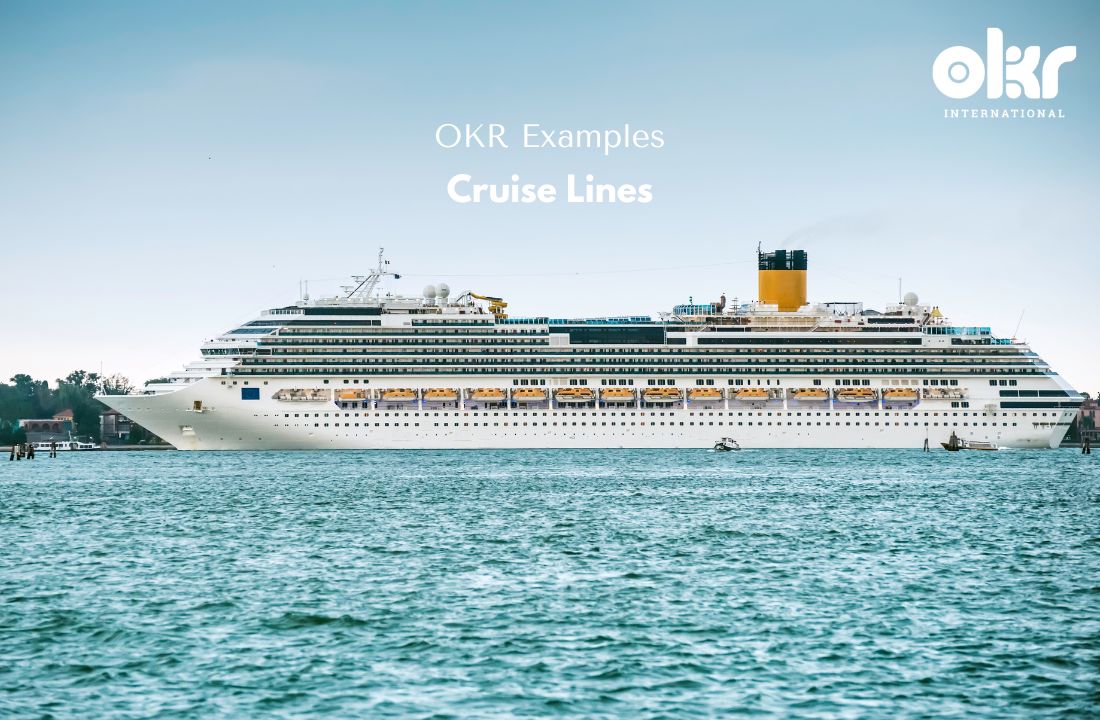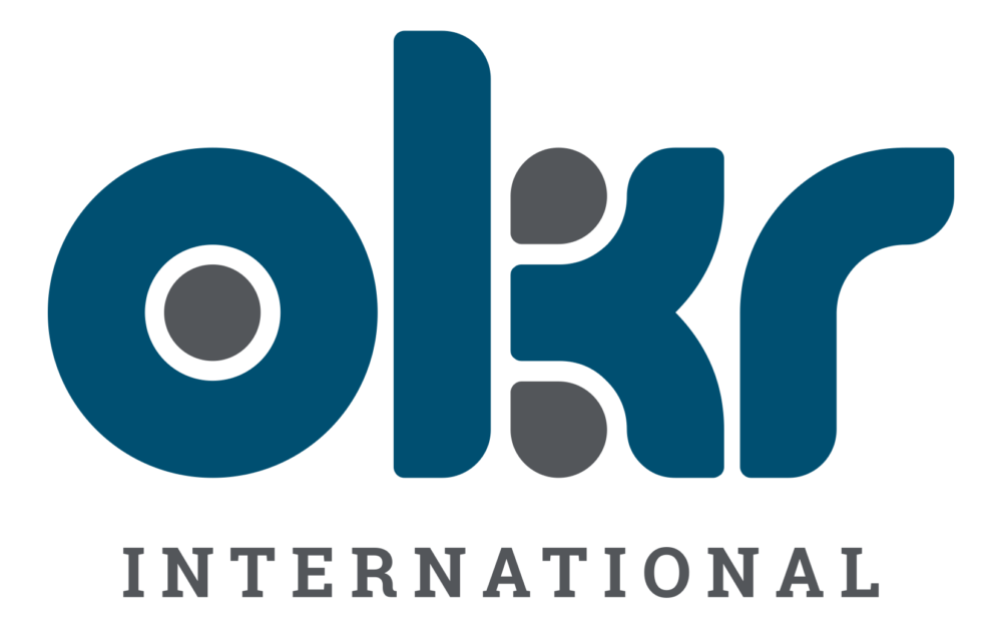10 Excellent OKR Examples in Cruise Lines
The cruise line industry is typified by a highly competitive environment, changing customer preferences, and a need for impeccable service delivery. For organizations in this sector, OKRs can be a potent tool for setting strategic goals, propelling growth, and maintaining a competitive edge. Here, we offer ten excellent OKR examples for the cruise line sector, providing key insights for companies aiming to boost their performance and outpace competitors.
1. Optimizing Guest Experience
Objective: Elevate guest experience to meet customer expectations and industry standards.
Key Results:
- Improve guest satisfaction scores by 20% in the next six months.
- Implement advanced guest service training for 80% of staff by the next quarter.
- Ensure 90% of guest feedback is responded to within 24 hours over the next three months.
2. Increasing Passenger Capacity
Objective: Expand passenger capacity to foster business growth.
Key Results:
- Increase the passenger capacity by 15% in the next year.
- Upgrade 30% of the fleet with expanded facilities within the next six months.
- Achieve an 85% capacity utilization rate within the next quarter.
3. Promoting Environmental Stewardship
Objective: Embed sustainability into cruise line operations.
Key Results:
- Reduce waste generation by 20% in the next year.
- Implement waste recycling systems in 50% of the fleet in the next six months.
- Achieve an 80% passenger appreciation rate for sustainability initiatives in the next quarter.
4. Maintaining Safety Standards
Objective: Uphold compliance with cruise line safety regulations and standards.
Key Results:
- Decrease safety incidents by 30% within the next six months.
- Train 100% of the crew on new safety standards within the next quarter.
- Achieve a 100% pass rate on all safety audits in the next fiscal year.
5. Boosting Crew Morale
Objective: Enhance crew engagement to reduce turnover and improve service quality.
Key Results:
- Increase crew engagement scores by 25% in the next year.
- Implement advanced crew engagement programs for 85% of the crew in the next six months.
- Attain a 90% crew satisfaction rate with engagement initiatives in the next quarter.
6. Encouraging Innovation
Objective: Foster innovation to enhance guest experiences and streamline operations.
Key Results:
- Introduce 3 innovative onboard amenities within the next year.
- Increase the number of technology-driven initiatives by 20% in the next six months.
- Achieve an 80% crew satisfaction rate with the innovation culture in the next three months.
7. Strengthening Destination Partnerships
Objective: Enhance strategic partnerships for diverse itinerary offerings and streamlined port operations.
Key Results:
- Establish 20% more strategic partnerships with destination ports in the next year.
- Implement 3 advanced partner relationship management systems in the next six months.
- Achieve an 85% partner satisfaction rate with partnership interactions in the next quarter.
8. Reducing Operational Expenditure
Objective: Minimize operational costs to improve profitability.
Key Results:
- Reduce fuel consumption by 10% in the next year.
- Implement energy-saving initiatives across 70% of the fleet within the next six months.
- Achieve a 7% reduction in overall operational costs in the next quarter.
9. Enhancing Information Management
Objective: Improve information management for better decision-making and service delivery.
Key Results:
- Increase usage of the passenger management system by 30% within the next six months.
- Implement 1 data-driven information management system across the organization in the next quarter.
- Achieve an 85% satisfaction rate with information management within the next three months.
10. Building Stronger Guest Relationships
Objective: Foster stronger relationships with guests through improved communication and personalized services.
Key Results:
- Increase guest loyalty program enrollments by 25% in the next year.
- Decrease guest complaints by 20% in the next six months.
- Achieve an 85% guest return rate in the next quarter.
By adopting these OKR examples, cruise line companies can enhance their service delivery, stimulate growth, and foster innovation. These strategic objectives are essential in surmounting the challenges of this dynamic industry, contributing to business success, and delivering exceptional guest experiences.
FAQs
1. What are excellent OKRs in the cruise line industry?
Excellent OKRs in the cruise line industry are strategic objectives and key results that trigger significant improvements and stimulate innovation. They focus on areas like guest experience, passenger capacity, sustainability, safety standards, crew engagement, innovation, destination partnerships, operational costs, information management, and guest relationships.
2. How can excellent OKRs drive growth in the cruise line industry?
Excellent OKRs can drive growth in the cruise line industry by setting objectives related to guest experience, passenger capacity, and innovation. By monitoring key results and making necessary adjustments, cruise lines can enhance their performance, meet guest expectations, and achieve sustainable growth.
3. Why is sustainability important in the cruise line industry?
Sustainability is crucial in the cruise line industry to meet environmental regulations, guest expectations, and market trends. Excellent OKRs related to sustainability help companies adopt eco-friendly practices, reduce waste generation, and contribute positively to the environment.
4. How can innovation contribute to success in the cruise line industry?
Innovation can contribute to success in the cruise line industry by enhancing guest experiences, improving operational efficiency, and facilitating data-driven decision-making. Excellent OKRs related to innovation help companies leverage emerging technologies and practices to improve service delivery and offer innovative amenities.
5. How does improved information management benefit the cruise line industry?
Improved information management benefits the cruise line industry by optimizing decision-making, enhancing service delivery, and fostering continuous learning. Excellent OKRs related to information management help companies manage information effectively, implement data-driven systems, and increase operational efficiency.

When looking to set OKRs, it’s natural to want examples to ignite the thought process or simply compare yours to OKR Examples. Check out our compendium of OKR Examples here.
Explore Our Range of Services
Bring OKRs (Objectives and Key Results) to your organisation with our tried & tested OKR Framework.


OKR International’s highly acclaimed Certified OKR Practitioner Program is the first and only OKR accreditation endorsed by ICF & HRCI for continuing education units.
OKR International helps leaders create the alignment, engagement and result orientation needed for growth by offering OKR Advisory services.

Latest Posts
- OKR Certification Course April 2026: Master Strategy Execution with Confidence
- OKR Mastery: The Essential Guide to Becoming a High-Value Strategy Execution Expert
- OKRs and Strategy Execution
- OKRs at Scale: What Really Changes Beyond Team-Level OKRs
- OKR Coach Certification: OKR-BOK™ Certified Coach (20–21 Feb 2026)



